
Michail "Mikis" Theodorakis was a Greek composer and lyricist credited with over 1,000 works.

Canto General is Pablo Neruda's tenth book of poems. It was first published in Mexico in 1950, by Talleres Gráficos de la Nación. Neruda began to compose it in 1938.
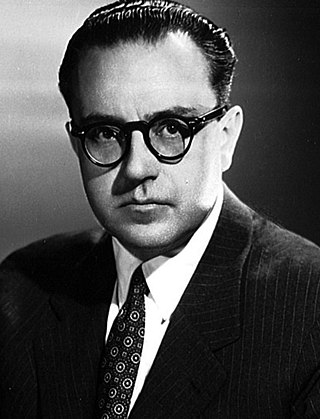
Alberto Evaristo Ginastera was an Argentine composer of classical music. He is considered to be one of the most important 20th-century classical composers of the Americas.
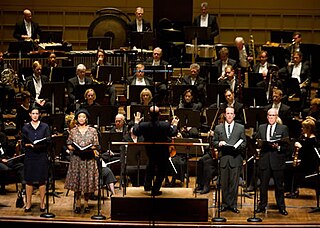
Steven Edward Stucky was a Pulitzer Prize-winning American composer.
Howard David Blake is an English composer, conductor, and pianist whose career has spanned more than 50 years and produced more than 650 works. Blake's most successful work is his soundtrack for Channel 4’s 1982 film The Snowman, which includes the song "Walking in the Air". He is increasingly recognised for his classical works including concertos, oratorios, ballets, operas and many instrumental pieces.
Ricardo Tacuchian, born in Rio de Janeiro, is a Brazilian conductor, composer and Doctor in Musical Arts (Composition) at the University of Southern California.
Ivan the Terrible, Op. 116, is the score composed by Sergei Prokofiev for Sergei Eisenstein's film Ivan the Terrible (1942–45) and its sequel (1946), the first two parts of an incomplete trilogy. The project was Prokofiev's second collaboration with Eisenstein, the first being the popular Alexander Nevsky (1938). The majority of the non-liturgical song texts were written by Vladimir Lugovskoy, who collaborated with Prokofiev on the texts for Alexander Nevsky.

Marek Kopelent was a Czech composer, music editor and academic teacher, who is considered to have been at the forefront of the "New Music" movement, and was one of the most-published Czech composers of the second half of the 20th century.
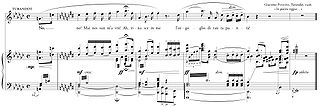
A vocal score or piano–vocal score is a music score of an opera, or a vocal or choral composition written for orchestral accompaniment, such as an oratorio or cantata. In a piano–vocal score, the vocal parts are written out in full, but the accompaniment is reduced and adapted for keyboard. The music is usually reduced to two staves; however, more staves, a second keyboardist, or a second keyboard part can be added, as needed.
James B. Furman was an American composer and college professor.
Roberto Sierra is a Puerto Rican composer of contemporary classical music.
Will Eisenmann was a German-Swiss composer. His opera Der König der dunklen Kammer, based on a work by Rabindranath Tagore, won the Emil Hertzka Prize.
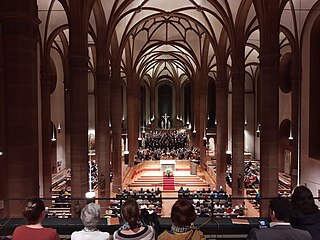
Antonín Dvořák's Stabat Mater, Op. 58 (B. 71), is an extended setting for vocal soloists, choir and orchestra of the 20 stanzas of the Stabat Mater sequence. Dvořák sketched the composition in 1876 and completed it in 1877. It has been characterized as a sacred cantata and as an oratorio, and consists of ten movements of which only the first and the last are thematically connected. Its total performance time is around 85 minutes.
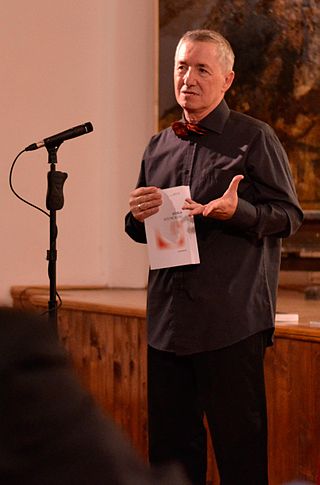
Dimitrije Bužarovski Ph.D. is a Macedonian composer, versatile artist and a scholar with interests in different fields: composition, musicology, computer and electronic music, performance, teaching and research.

Yannis Markopoulos was a Greek composer.
Zoran Hristić was a Serbian composer. He had a freelance artist status for a long time. At the initiative of Dušan Radović in 1979, he was nominated an editor, director and founder of the Concert Studio B. from 1982 to 1989, he was the chief music editor of Radio Belgrade, and then moved on RTVB, later RTS where he was editor in chief of the editorial board of Music programme until 1995.
Graham Whettam was an English post-romantic composer.
Pierre Wissmer was a 20th-century French classical composer of Swiss origin.
Howard Lee Quilling was an American composer and music teacher.









